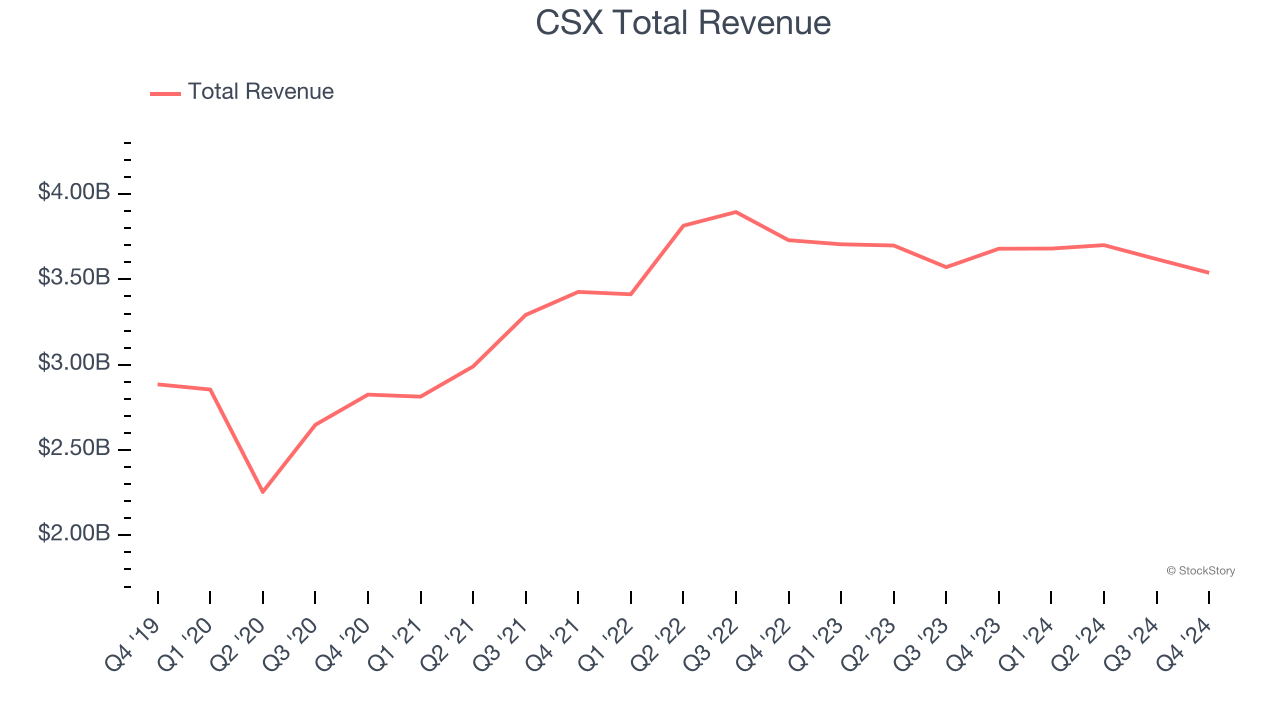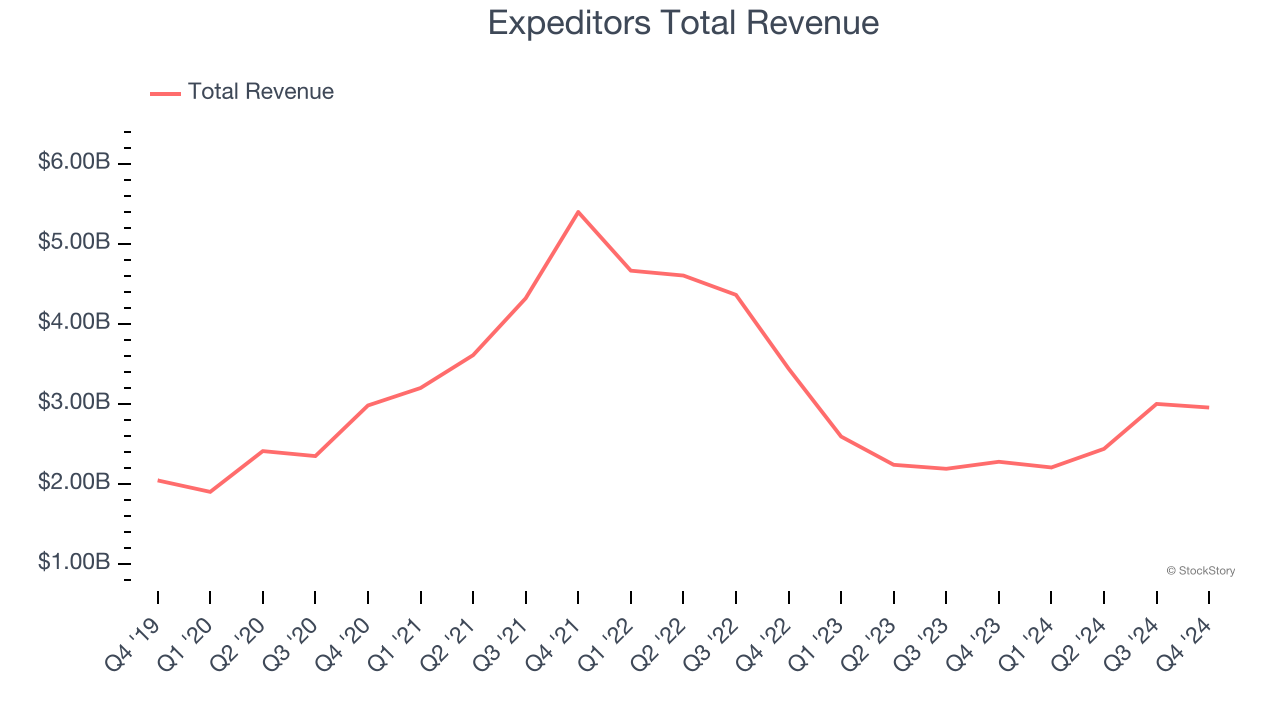Financial News
More News
View More
3 Stocks Where Insiders Are Buying, Not Bailing ↗
January 10, 2026
These 3 Underrated ETFs Could Boom in 2026 ↗
January 10, 2026
NVIDIA’s Next Leg Higher May Have Started at CES ↗
January 10, 2026
MarketBeat Week in Review – 01/05 - 01/09 ↗
January 10, 2026
Recent Quotes
View More
Stock Quote API & Stock News API supplied by www.cloudquote.io
Quotes delayed at least 20 minutes.
By accessing this page, you agree to the Privacy Policy and Terms Of Service.
Quotes delayed at least 20 minutes.
By accessing this page, you agree to the Privacy Policy and Terms Of Service.
© 2025 FinancialContent. All rights reserved.










